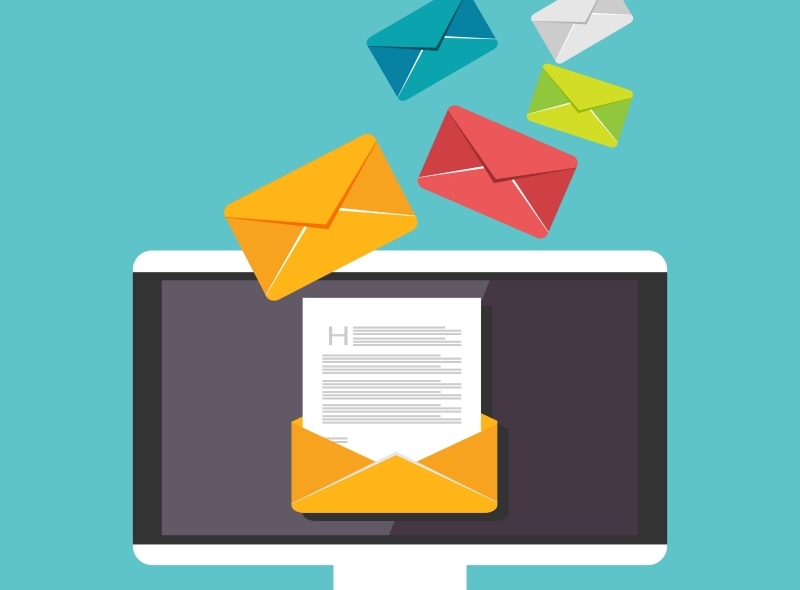
Hearing about password leakage from a major online service provider is very scary. Your identity is very important to you, and feeling that it could be in danger is terrifying. While you can’t keep hackers from breaking into popular, well-protected sites, there are things you can do to keep your identity as locked-down as possible.
Passwords
Update your passwords often. Hackers have ways of figuring out some of your passwords, but it’s not as easy if you update it every 6 months or so. When you create passwords, make them combinations of uppercase letters, numbers, and symbols. Those are the hardest to guess! And finally, don’t use the same password for multiple accounts. That’s a guaranteed way to make it easier for your accounts to be broken into.
Log Out
Especially if you’re on a public computer, or a computer that sits in your office, log out of any accounts and profiles before leaving the computer. That includes credit card accounts, bank accounts, social media profiles, email accounts, document storage sites, and any other personal things you have open. If you’re on a personal computer that never leaves your home and nobody uses but you, you should still log out of bank and credit card accounts.
Phishing
A fancy word for email scamming, this means that you need to be wary of strange emails. Anything that asks for any of your information needs to be handled with caution. If it’s not something you were expecting or something you’ve signed up for, ignore it. Don’t even open the emails that say you’ve won a million dollars, or the ones where people try to tug at your heartstrings with sob stories about how their life stinks and they need you to transfer their money. It’s never true!
Secure Payments
Buying things online is usually completely fine. Sites like Google, Amazon, Target, eBay, and popular clothing stores will have secure checkout. However, if you’re buying something from a lesser-known site that you’ve never used before, make sure it features secure checkout. Look over their security information. If you’re wary, ask if they’ll take PayPal.
Profile Security
These days, it’s easy to have your whole life on Facebook. Your pictures, address, phone number, email address, and more are out there for people to find. Make sure you have your privacy settings to how you want them set up, and make sure to sign out of your profile when you’re done if you’re on a public computer. While breaking into a social media profile isn’t identity theft, it can cause some unnecessary heartache and stress.
Secure Document Storage
It’s very common for bills and account statements to be delivered electronically. Although they usually don’t have your credit card number on them, they will have your billing account number and other possibly sensitive information. It’s best to always shred paper bills and statements, and keep your email account secure with the above tactics.
Vigilance
Although doing all of these things can greatly reduce the possibility of identity theft, it is unfortunately unavoidable sometimes. You can’t just be a hermit to avoid it. So, keep an eye on your accounts, read your statements, use credit cards that alert you if strange purchases are made, and use the above tips to keep your information, and your identity, as safe as possible.
Citations:
- Photo Courtesy of CyberHades via Flickr.
Joli D. writes for RJS Smart Security, an information security consulting company that can help you build your security strategy.









Comments